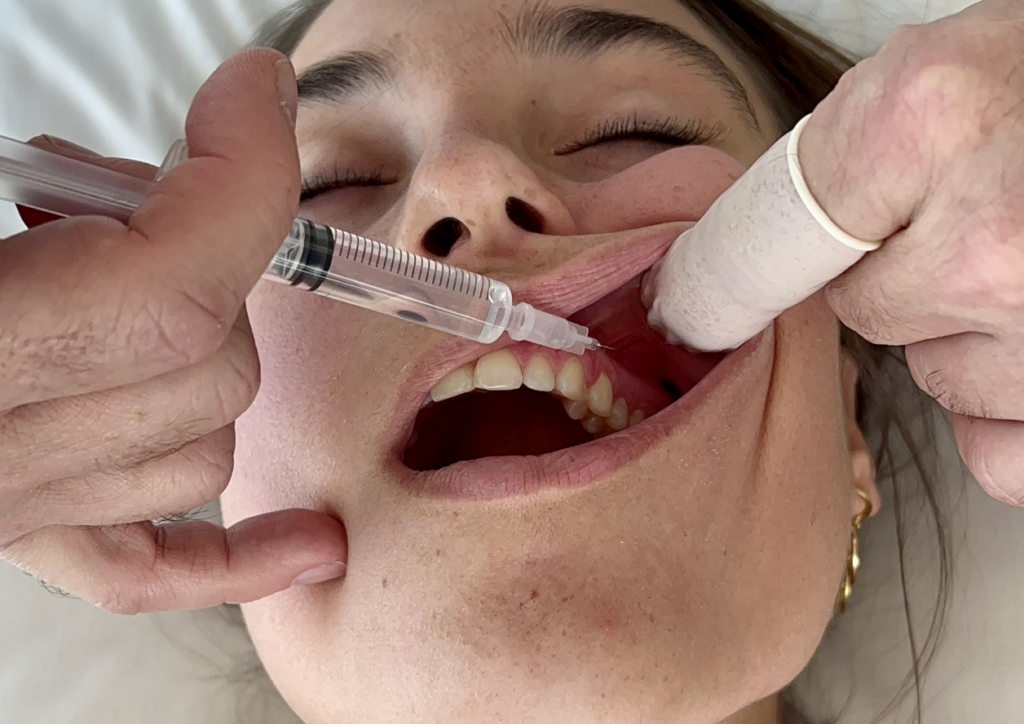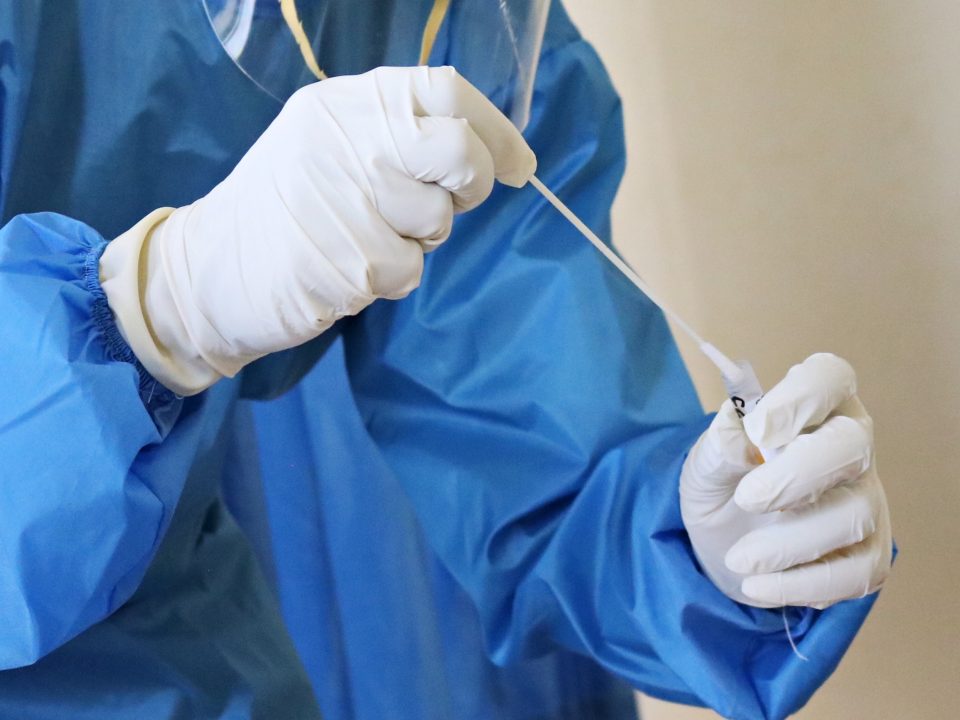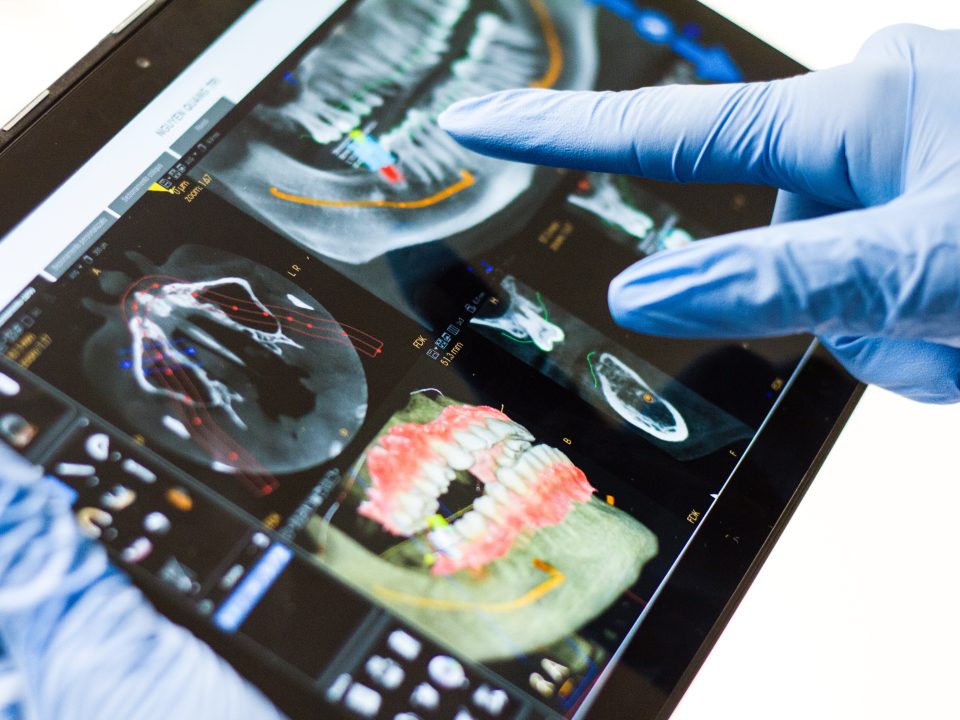Neural Therapy Research
Still a long way to go together
Research
Although there is a great deal of experience accumulated by many physicians and dentists since the end of the 19th century, neural therapy is still largely unknown and is not offered to patients attending hospitals and health centers, except in a few countries. We will only achieve this if we make progress in scientific research.
Barcelona has become a national and international reference in neural therapy training since the Campus Docent Sant Joan de Déu started the Master’s Degree in Medical and Dental Neural Therapy in 2003, a degree awarded by the University of Barcelona, which has been attended by more than 600 professionals from 20 different countries.
Despite all this journey, neural therapy treatment is only financed by social security or private insurance in a few countries, such as Germany, Switzerland, Austria and Colombia. One of the main reasons for this is the scarcity of up-to-date scientific research.
For this reason we have created the Neural Therapy Research Foundation, based in Sabadell (Barcelona).
We must investigate in order to scientifically demonstrate what we have observed with so many patients, using neural therapy in a complementary way. And we will only be able to advance neural therapy research if we have the support of people like you.
Get to know our projects
We want to make the scientific community aware that there are people who suffer from musculoskeletal pain in various parts of the body during or after orthodontic treatment, and that neural therapy has been an effective treatment in the cases that we have published.

In our publication in the Journal of International Medical Research, “Improvement of chronic post-orthodontic musculoskeletal pain after local anesthetic injections in the trigeminal area: case series,” we explore the notable improvements observed in patients with orthodontic devices who present chronic pain in such as cervical or knees.
Our research highlights complete improvement of musculoskeletal pain as well as relief of other conditions such as anxiety and overall quality of life, in people with past or current orthodontic treatments. It is important to note that retainers, although they are post-treatment devices, are still active and constantly exert force. We have observed that they can be associated not only with physical pain, but also with mood changes in some patients.
Orthodontics has been linked to chronic pain outside the oral area, pain that often does not respond to conventional treatments, deteriorating quality of life. In this first publication, we treated six patients who, as a result of their orthodontics, experienced significant pain in areas such as the cervical spine or knees. After receiving injections of 0.5% procaine in specific areas of tension, all reported a disappearance of pain, with results sustained for at least six months.
This preliminary research suggests that stress point injections may be a promising treatment for relieving pain associated with orthodontic treatments. However, we need to continue research to delve deeper into the benefits of this treatment and be able to demonstrate its effectiveness with greater scientific rigor.
With your support, we can advance our studies, providing hope and relief to those suffering from pain and offering professionals an additional, safe and effective tool.
You can download the original article here. We have translated the article for wider dissemination, you can download it here.
Authors:
David Vinyes (a,b,c), Paula Hermosilla Traverso (b), Julia Hartley Murillo (b), Maider Sánchez Padilla (d), Montserrat Muñoz-Sellart (a,b,c)
(a) Institut de Teràpia Neural i Medicina Reguladora, Sabadell, Barcelona, Spain.
(b) Master in Continuing Education in Medical and Dental Neural Therapy, University of Barcelona – IL3, Barcelona, Spain.
(c) Neural Therapy Research Foundation, Sabadell, Barcelona, Spain.
(d) Escoles Universitàries Gimbernat, Universitat Autònoma de Barcelona, Sant Cugat del Vallès, Barcelona, Spain.
After two years of research, we have managed to publish in the Journal of Clinical Medicine, in its section, Clinical Neurology, a wide-ranging review on the scientific bases of neural therapy, with the title "Therapeutic use of local anesthetics in low doses in pain, inflammation and other clinical conditions: Scoping Review. This initiative sought to consolidate neural therapy in science and highlight its studied impact on various conditions.

Within the scientific field, ‘exploratory systematic reviews’ play an essential role in synthesizing and analyzing the knowledge acquired in a discipline. We have carried out a meticulous review whose purpose is multiple:
- Catalog and analyze the scientific evidence already published on the therapeutic use of local anesthetics.
- Explain in detail the mechanisms of action of these therapeutic effects, based on the scientific knowledge that exists to date.
- Detect insufficiently explored areas to drive future research.
- Provide a comprehensive overview of neural therapy and its effect on various conditions, from pain relief to disorders such as anxiety.
The use of local anesthetics in low doses, without anesthetic purposes, represents a significant contribution to medical treatment. Mainly effective in relieving chronic pain and inflammation, it has also shown potential in treating conditions seemingly as diverse as anxiety, hypertension, autoimmune conditions or post-covid sequelae.
The effort made, together with the collaboration of the people who have given support with their donations, have made possible the publication of the first Scoping Review focused on the therapeutic effects, efficacy and, above all, safety, of the therapeutic use of local anesthetics in low doses in this context.
You can download the original article here. We have translated the article for wider dissemination, you can download it here.
Your contribution has been vital to carry out this work, allowing us to strengthen and expand neural therapy in a solid and rigorous way. Thank you!
We need your help to start new projects and continue moving forward on this path that will benefit us all. Can you come with us?
Authors:
David Vinyes (a,b,c), Montserrat Muñoz-Sellart (a,b,c), Lorenz Fischer (d). (a) Campus Docent de Sant Joan de Déu University of Barcelona, Barcelona, Spain. (b) Institute of Neural Therapy and Regulatory Medicine, Sabadell, Barcelona, Spain.(c) Neural Therapy Research Foundation, Sabadell, Barcelona, Spain. (d) Former Department of Neural Therapy, University of Bern, IKIM, Bern, Switzerland.
Anxiety and Neural Therapy
Neural therapy emerges as a promising answer to the symptoms of anxiety disorders, linked to the autonomic nervous system. Our work, based on cases with favorable results, seeks to open a line of research that can demonstrate this potential efficacy in the treatment of anxiety.

Anxiety disorders produce symptoms such as palpitations, shortness of breath, dizziness, tremors and sleep problems, all linked to the autonomic nervous system. Several studies highlight local anesthetic therapy as a promising therapeutic potential for these cases. Over the years, we have observed the promising results of neural therapy in these cases, using local anesthetics in reduced concentrations on specific areas of the nervous system, tailoring the treatment to each patient.”
We are currently working on a case series article under the title “Myofascial tension point procaine injection for anxiety disorders. Case series”.
Our intention is to communicate to the scientific community the favorable results obtained with neural therapy in a series of 6 patients with moderate to severe anxiety.
Given the prevalence and complexity of anxiety disorders, our work seeks to justify larger studies to validate the effectiveness of this therapy.
Your support is essential to make this research a reality, to share these findings with the scientific community and to make neural therapy an option to be considered by health professionals to treat people with anxiety.
Authors:
David Vinyes (a,b,c), Montserrat Muñoz-Sellart (a,b,c), Gemma Albareda (b,d), Michael Gürevich (c, e)
(a) Institut de Teràpia Neural i Medicina Reguladora, Sabadell, Barcelona, Spain.
(b) Master in Continuing Education in Medical and Dental Neural Therapy, University of Barcelona – IL3, Barcelona, Spain.
(c) Neural Therapy Research Foundation, Sabadell, Barcelona, Spain.
(d) Department of Psychiatry, Institute of Neuropsychiatry and Addictions (INAD), Hospital del Mar-Parc de Salut Mar, Barcelona, Spain.
(e) Psychiatrist, Glen Head, New York, USA
Neural Therapy in post-COVID syndrome
Post-COVID-19 syndrome is related to dysautonomia and neural therapy is a potential therapeutic tool. We have published our findings in the journal Medicine and believe that further research from this perspective is essential.

Post-COVID-19 syndrome, which can arise independently of the severity of the original case, could be linked to dysautonomia. Neural therapy, taking advantage of the effects of local anesthetics on the autonomic nervous system, has shown promising results in some patients with this syndrome.
In order to inform the scientific community about our observations, we have published an article in the journal Medicine detailing the successful treatment of a patient with post-Covid syndrome by neural therapy. This article also aims to highlight the need to open new lines of research from this perspective and experience.
With this objective in mind, we are currently initiating the design of a study to advance in proving the efficacy of this therapy in these patients, who are becoming more and more frequent.
This is a great project and we are convinced that we have a lot to contribute, but we can only achieve it with your help!
Authors:
David Vinyes (a,b,c), Montserrat Muñoz-Sellart (a,b,c),Teresa Garcia Caballero (a,b,c),
(a) Institut de Teràpia Neural i Medicina Reguladora, Sabadell, Barcelona, Spain.
(b) Master in Continuing Education in Medical and Dental Neural Therapy, University of Barcelona – IL3, Barcelona, Spain.
(c) Neural Therapy Research Foundation, Sabadell, Barcelona, Spain.
Clinical trial on the efficacy of procaine in the treatment of musculoskeletal pain in orthodontic patients.
This study has the potential to revolutionize our understanding of the link between oral factors as a cause of pain in other parts of the body, as well as mood conditions.

We have designed a multicenter, controlled, randomized, single-blind pilot study to analyze the efficacy and safety of procaine injections into myofascial and mucofascial stress points in patients experiencing musculoskeletal pain after initiating orthodontic treatments. In addition, we will evaluate the impact on mood, quality of life and analgesic consumption.
The trial is divided into three treatment groups: 0.5% procaine, saline and a control group. We expect to observe a marked reduction in pain, improvements in emotional well-being and quality of life, and a decrease in the use of pain medications in the local anesthetic treated group, lack of outcome in the control group, and an intermediate outcome in the saline injection treatment group.
The findings will be shared in scientific media with the aim of influencing health guidelines.
By strengthening the scientific basis of neural therapy, we not only benefit patients and professionals, but also influence health policies.
We will broaden the horizons of neural therapy with your support!
Research Entities:
Neural Therapy Research Foundation, Sabadell, Barcelona, Spain
Planetary Action Foundation, Barcelona, Spain
Part of the NTRF
We need you to demonstrate scientifically what we have observed with so many patients over more than 30 years.
Find out how you can collaborate and be part of our progress.



